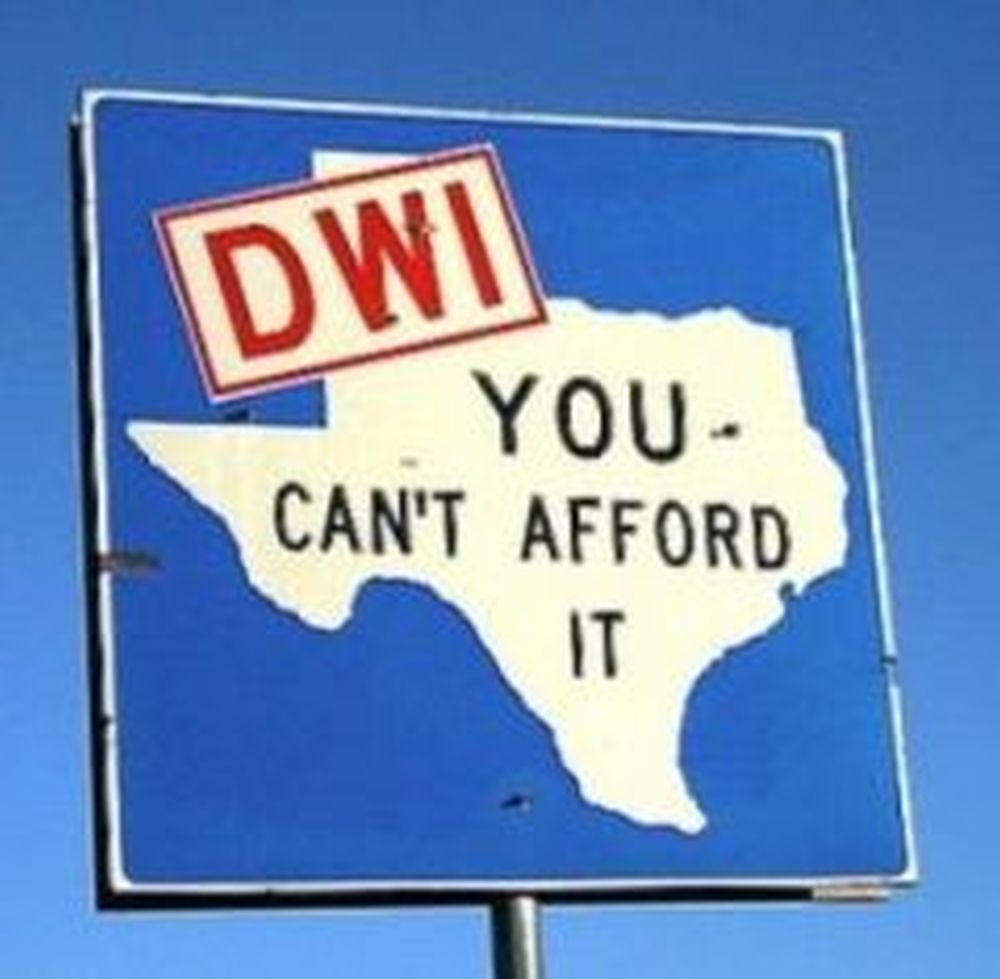Maneuvering the aftermath of an accident can feel like a maze, especially when you find yourself dealing with an uninsured motorist. Understanding the steps to file a claim for uninsured motorist coverage is vital. From promptly notifying your insurer to gathering essential documentation, each action you take can greatly impact your claim's outcome. So, what's the first move you should make to guarantee you're on the right path?
When you find yourself in an accident with an uninsured driver, understanding how to file an uninsured motorist claim can make a notable difference in your recovery process. Uninsured motorist coverage provides essential financial protection against drivers who lack insurance, guaranteeing you receive compensation for damages sustained during the accident. With approximately 14% of U.S. drivers uninsured as of 2022, having this coverage is fundamental for safeguarding against unexpected financial loss.
To initiate your claim, the first step is to notify your insurance company as soon as possible. This immediate communication is important for starting the claims process. You'll want to gather all relevant documentation to support your claim. This includes police reports, witness statements, and medical records that detail your injuries and damages. Filing a police report is particularly important because it serves as an official record of the accident, which the insurance company will reference during their investigation. Additionally, many states require a police report to process your claim effectively.
You should also take care to provide evidence that can strengthen your claim. Photos of the accident scene and any visible vehicle damage can paint a clearer picture of what occurred. Once you've compiled your documentation, your insurance company will conduct an initial investigation. They'll review police reports, medical records, and any other evidence you provide.
Be prepared for them to assess the damages to your vehicle and property. Insurance companies may contact witnesses for additional insights into the accident, and they might request a medical examination to verify the extent of your injuries. Depending on the severity of your injuries and damages, settlement negotiations will commence. This is where legal representation can prove beneficial, as maneuvering these discussions without expert guidance can lead to undervaluation of your claim.
Several factors can affect the outcome of your settlement. The quality of your evidence plays a significant role; detailed documentation, like police reports and robust witness statements, can greatly influence the insurer's evaluation. Additionally, the severity of your injuries directly impacts the compensation amount. Keep in mind that your payout will be capped at the limits of your uninsured motorist coverage.
If agreement can't be reached with the insurer, you may face disputes that could lead to arbitration. Such situations can complicate the claims process, particularly when liability is disputed. In some cases, insufficient coverage may limit the compensation you receive. That's why having a thorough understanding of your policy limits is fundamental.
Ultimately, filing an uninsured motorist claim can be a challenging experience, but the benefits of having this coverage far outweigh the risks. It guarantees you receive compensation for medical bills, property damage, and even hit-and-run situations.
Plus, filing a claim typically won't increase your insurance premiums, allowing you to recover without additional financial stress. Understanding these steps and challenges can empower you to maneuver the claims process effectively, securing the compensation you deserve.
Conclusion
In summary, filing an uninsured motorist claim requires diligence and attention to detail. Did you know that nearly 13% of drivers are uninsured? This underlines the importance of being prepared. By promptly notifying your insurer and gathering solid evidence, you can strengthen your position during settlement negotiations. Remember, being organized and proactive can make all the difference in steering through this process smoothly and securing the compensation you deserve. Don't underestimate the power of thorough documentation!

